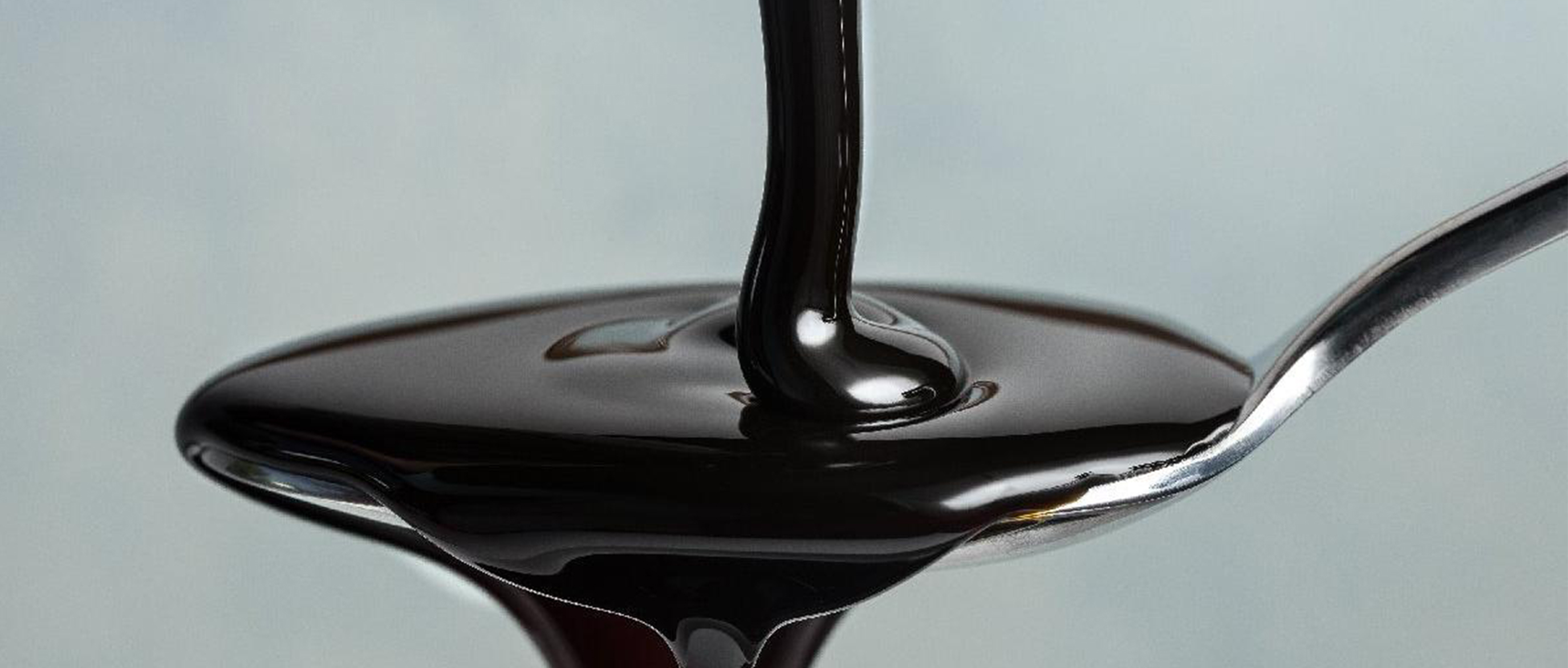Meeting the body's need for calcium, molasses provides bone development due to its iron and calcium content and is good for anemia. Providing the body's heat balance when consumed in cold weather, molasses strengthens the immune system. So, what are the benefits of molasses?
What Are the Benefits of Molasses?
Molasses's nutritional value varies according to its type. However, we can say that it is a high energy source because of its high sugar content in general. Studies have revealed that there are substances such as iron, riboflavin and thiamine. Thiamine deficiency causes depression-like symptoms, mental fatigue and gastrointestinal disturbances in the body. In general, we can list the benefits as follows;
• It is used as supportive therapy in liver diseases as it balances the blood circulation.
• Its ability to inhibit the formation and growth of cancer cells has been proven by scientific research.
• It is protective against heart diseases.
• The high content of carbohydrates, iron and fat provides energy to the body.
• It is rich in calcium.
• Molasses, which has a role in cleansing the intestines, is also recommended as a supportive treatment in colon cancer.
• In addition to these, it is a very rich food in terms of magnesium, selenium, vitamin B6 and potassium.
• It is rich in antioxidants. In this way, it removes toxic substances in the body and provides protection against diseases.
• It strengthens the immune system.
• It is good for abdominal pains, cramps and pains during menstruation.
• People with iron deficiency are recommended to consume a few tablespoons a day.
• Studies have revealed that it prevents obesity.
• It has positive contributions to sexual health.
• It is beneficial in the development of bones and muscles.
• Food with anti-inflammatory properties in inflammatory diseases like rheumatism

